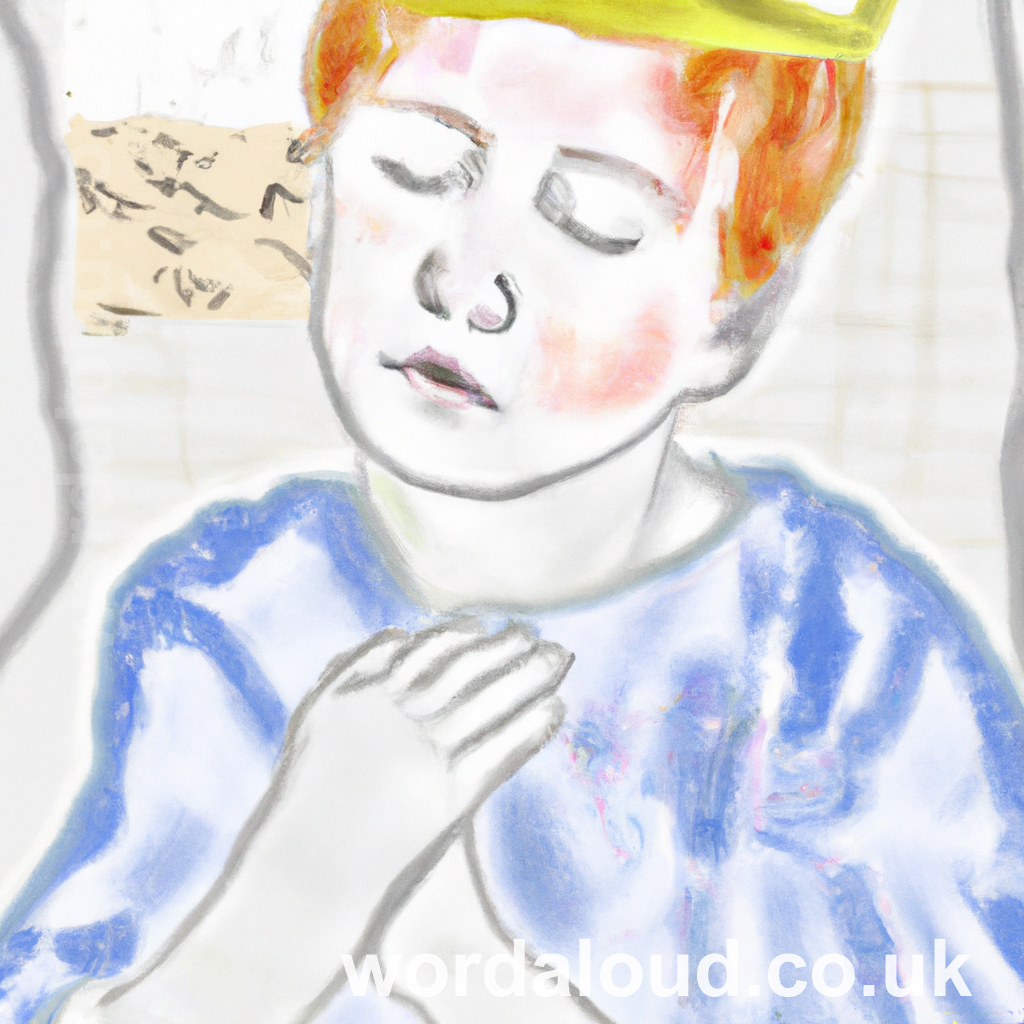George Herbert | The Temple | The Church | Nature | Christian Poems | Metaphysical Poetry
Christian Art | George Herbert | The Temple | The Church | Nature
Full of rebellion, I would die,
Or fight, or travell, or denie
That thou hast ought to do with me.
O tame my heart;
It is thy highest art
To captivate strong holds to thee.
If thou shalt let this venome lurk,
And in suggestions fume and work,
My soul will turn to bubbles straight,
And thence by kinde
Vanish into a winde,
Making thy workmanship deceit.
O smooth my rugged heart, and there
Engrave thy rev’rend law and fear;
Or make a new one, since the old
Is saplesse grown,
And a much fitter stone
To hide my dust, then thee to hold.
![]()

George Herbert | The Temple | The Church | Nature
The poem reflects an inner struggle between rebellion and submission to divine authority, expressing the poet’s desire to resist God but also recognition of the futility of doing so. The first stanza presents the poet’s rebellious spirit, where he admits to wanting to die, fight, or deny God’s influence over him. This opposition to God’s control is portrayed as a natural inclination of the poet’s heart, which he acknowledges as a stronghold that resists divine authority. However, the poet also requests that God tame his heart, recognizing that the ultimate skill or ‘highest art’ of God is to bring even the strongest opposition into submission. This sets the poem’s central theme of rebellion versus surrender.
The second stanza delves deeper into potential consequences if God allows the rebellious spirit to remain unchecked. The poet likens this rebellion to venom that festers in his soul, suggesting that if left to ‘lurk’ and ‘fume’, it will quickly dissolve his soul into meaningless ‘bubbles’ or empty thoughts. The phrase ‘thence by kind vanish into a wind’ illustrates fleeting nature of the soul when not anchored in God. The idea is that without divine intervention, the poet’s soul will disappear like vapor, making God’s creation — God’s ‘workmanship’ — seem failure. This highlights the poet’s dependence on God for the preservation of his soul and identity.
The final stanza introduces a plea for transformation. The poet shifts from a description of rebellion to a prayerful request for God to smooth his ‘rugged heart’. The metaphor of engraving God’s ‘reverend law and fear’ into the heart suggests a deep desire for lasting, transformative relationship with God’s will. The image of engraving implies a permanent and unchangeable impact, a contrast to the earlier image of the soul vanishing like bubbles. If the rebellious heart cannot be smoothed, the poet asks for a completely new one, as the old heart is ‘sapless’, implying it has lost its life and vitality. The ‘old heart’ is compared to a stone, which serves as a final resting place for the poet’s dust after death. This stone, without divine intervention, is inadequate to sustain relationship with God. It is only fit to hide the poet’s remains rather than be the seat of spiritual life.
Throughout the poem, imagery of rebellion and of the soul’s decay without divine intervention emphasizes the poet’s dependence on God’s grace. The idea that God’s law and fear must be inscribed on the heart suggests that true obedience comes from an internal transformation, rather than external compulsion. This contrast between rebellious heart and heart engraved with God’s law illustrates such tension between human frailty and THE divine power to reform and renew.
The poem explores themes of rebellion, transformation, and the human heart’s resistance to God’s will. The poet recognizes futility of fighting against divine authority and pleads for God to reshape his heart, acknowledging that without this divine intervention, the poet’s soul is destined for futility.








